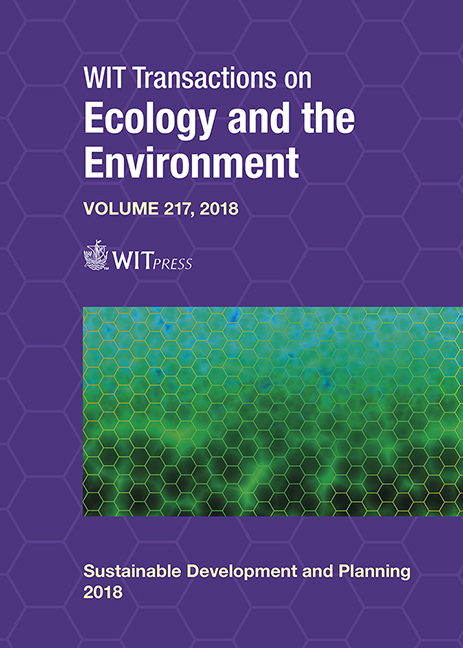SUSTAINABLE URBAN PLANNING IN A CROSS-BORDER CONTEXT: A CASE STUDY
Price
Free (open access)
Transaction
Volume
217
Pages
10
Page Range
833 - 842
Published
2018
Size
237 kb
Paper DOI
10.2495/SDP180701
Copyright
WIT Press
Author(s)
ANNE CATHERINE GIESHOFF, PAOLA PFENNINGER
Abstract
The trinational agglomeration of Basel is a very densely populated region attracting more and more inhabitants and employers. The use of space to provide housing and office space has become a sensitive matter in cross-border cooperation as the developments in one parts directly affects the other parts of the agglomeration. Currently, the Canton of Basel-Stadt (Switzerland) plans to delocalize its harbor and to use the harbor site for urban developments. The area borders the cities of Weil am Rhein (Germany) and Huningue (France). For this reason, the Building and Traffic Department of the Canton Basel-Stadt, the city of Weil am Rhein (Germany) and the city of Huningue (France) have defined a trinational perimeter with the aim to develop a trinational sustainable urban district: 3Land. The project partners have developed a common set of sustainability criteria to ensure sustainability of the urban developments within the 3Land-area. It appears, however, that the notion of sustainability is defined differently in the three countries and determined by different legislations and actors in urban planning. For instance, municipalities in France may apply a particular tool for pilot projects that allows them to apply specific criteria on a site that go beyond the existing legislation. In Switzerland, foundations play in important role in fostering sustainable urban development on private property. In Germany, municipalities need to consider specific social criteria if they want to apply to national funding programs. This paper will explore the method that has been implemented in order to ensure sustainability in a cross-border context and its limitations.
Keywords
urban planning, case study, municipalities, administration, cross-border cooperation





